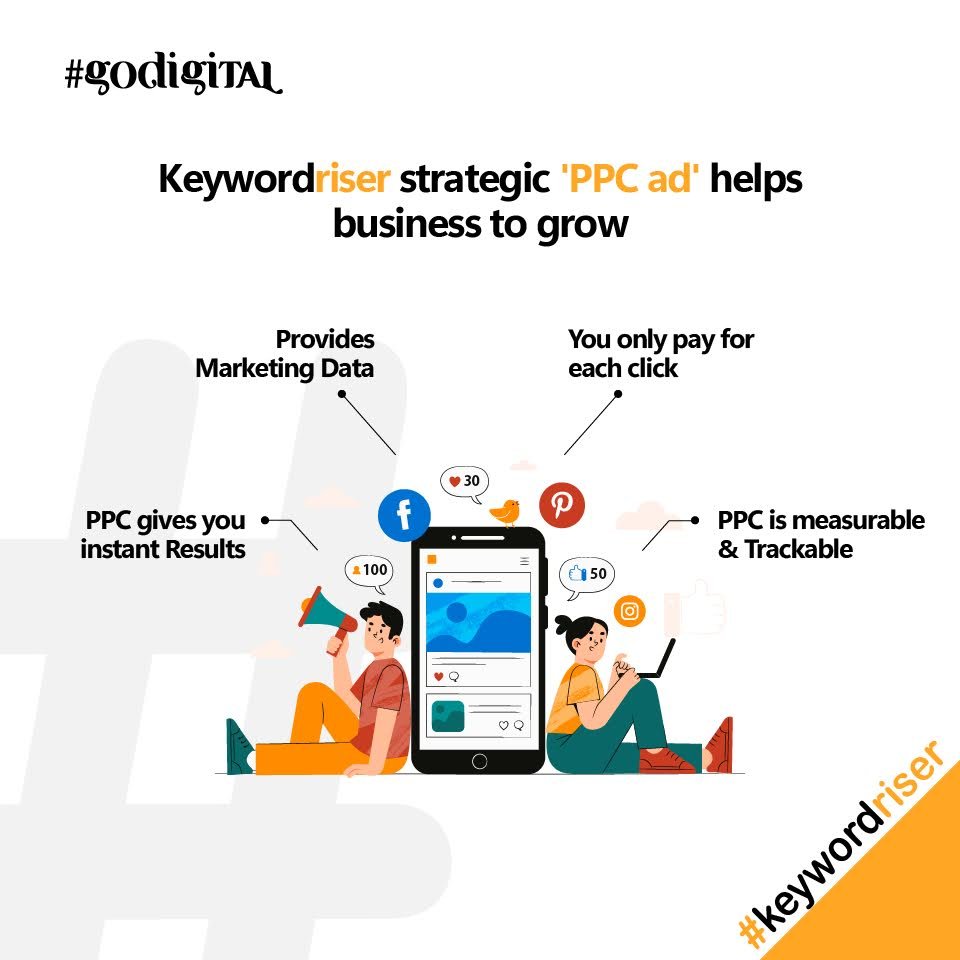Artificial intelligence is now a key component of digital marketing. Its ability to process large amounts of data, and to generate insights that can be used to improve marketing strategies

Artificial intelligence is now a key component of digital marketing. Its ability to process large amounts of data, and to generate insights that can be used to improve marketing strategies, has made it a vital part of the industry. AI-powered platforms and tools have revolutionized many aspects of digital marketing including content creation and customer segmentation. They also improved ad targeting and performance analysis. Here are some of the ways AI is shaping digital marketing's future:
1. Personalization
AI's ability to personalize content and experiences for users is one of its key benefits in digital marketing. AI-powered systems analyze customer data such as browsing patterns, search histories, and purchasing patterns to provide personalized recommendations and promotions. This level of customization leads to increased user engagement, higher conversion rates, improved customer retention, and more.
2. Predictive Analysis
AI-driven predictive analysis allows digital marketers to predict customer needs and trends through the analysis of vast amounts data. These insights allow businesses to make better decisions based on data, optimize their marketing campaigns and allocate resources. Marketers can identify growth opportunities and stay ahead of their competition by predicting the behavior of customers.
3. Chatbots & Virtual Assistants
AI-powered virtual assistants and chatbots are becoming a popular tool in businesses. They provide instant customer service and streamline the sales process. They can perform multiple tasks without human interaction, including answering frequently asked questions and booking appointments. It not only improves customer service, but also reduces response times and labor costs.
4. Content Generation
AI-driven tools for content creation and distribution are changing the way that businesses create content. These tools utilize machine learning and natural language processing algorithms to create high-quality SEO-optimized, SEO-friendly content in different formats, including blog posts, email campaigns, and social media updates. This allows marketers to save time, cut costs, and maintain consistency in their brand voice.
Voice Search: The Emergence of Voice Search
Voice search, powered by AI technology, is becoming a popular way for users to find information, products and services. Voice search has become a key part of digital marketing, thanks to the popularity of smart speakers such as Amazon Echo, Google Home and Apple HomePod as well as voice assistants on smartphones like Siri and Google Assistant. Voice search is changing the face of digital marketing.
1. Change Search Behavior
Voice search has changed the way people search for information. Voice searches tend to be more detailed, conversational and question-based than traditional text-based search. Digital marketers must adapt their SEO strategy to include long-tail keywords and natural language. They also need to answer specific questions in order to achieve higher rankings for voice search.
2. Local SEO and Voice Search
Voice search can have a major impact on local SEO. Users often use voice search to find businesses and services nearby. A study by BrightLocal found that 58% of consumers used voice search in the past year to locate local business information. This shows the importance of optimizing for local searches, making sure your NAP information (name, address and phone number) is accurate, consistent and available on all platforms.
3. Voice-activated purchasing
Voice search has changed the way users find information and make purchases. Voicebot.ai found that nearly 22% smart speaker users have purchased using voice commands. Businesses can take advantage of voice-activated purchases by optimizing e-commerce platforms and product descriptions for voice search.
4. Voice Ads: The Future of Voice Ads
Voice ads are a new way to advertise as voice search grows. Google and Amazon have already begun experimenting with voice advertising on their platforms. This gives businesses the opportunity to target their users with contextual, relevant ads while they are conducting voice searches. Digital marketers can now explore and engage their target audiences in a more personal way.

